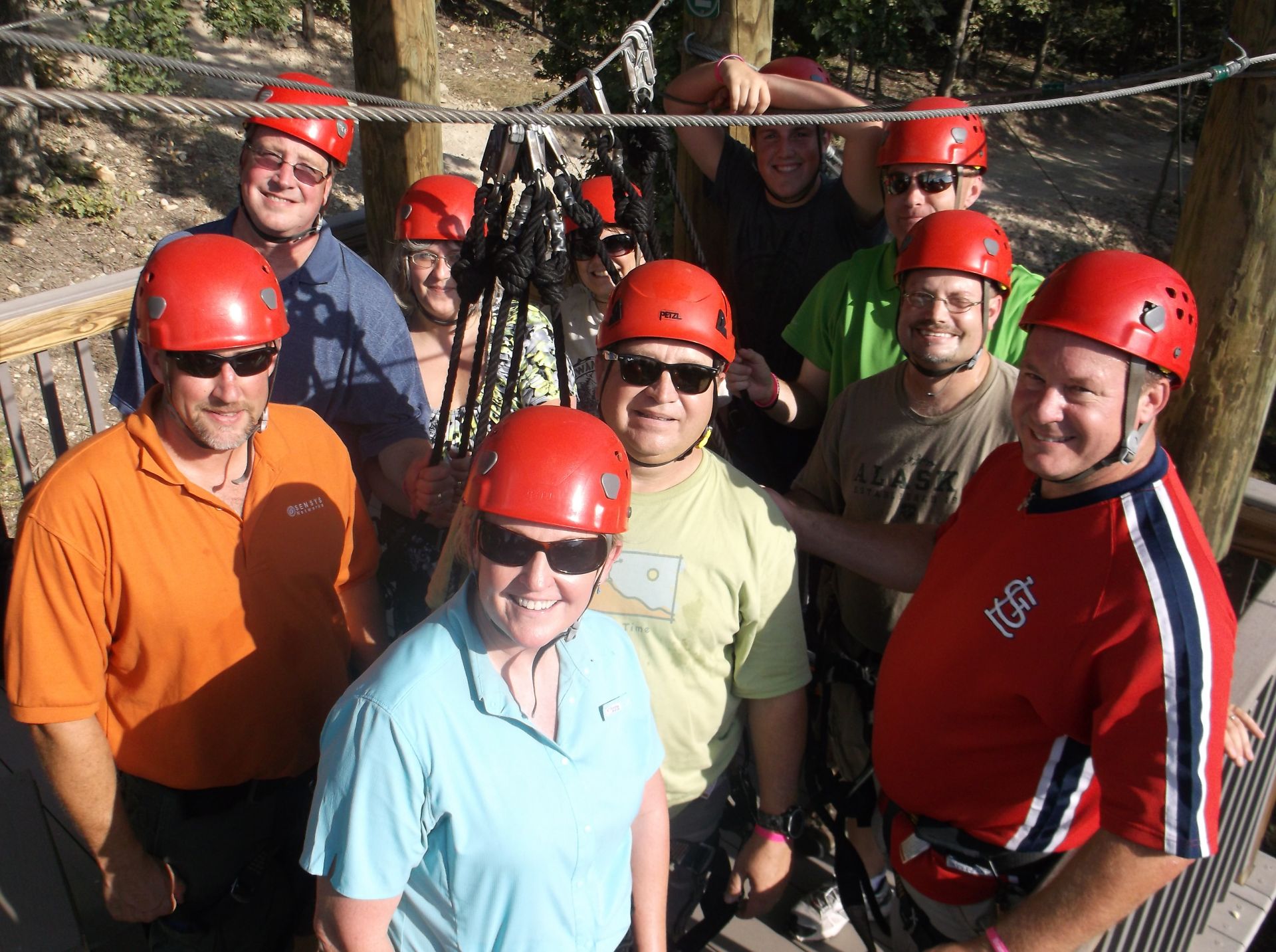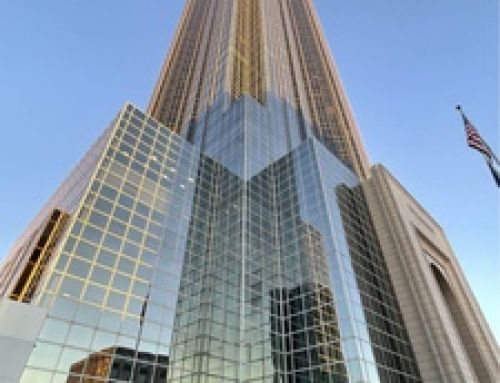I’m a basics kind of person….or so I like to think. The basics – you are what you eat, you think what you read/watch. Life is simple, right? Wrong. But we too often complicate things more than is needed. I tend to take a holistic approach to the basics (maybe that’s the yogi in me)
You might wonder where I’m going with all this, and I’m getting there……. What’s life without a few detours? We don’t remember the same, the boring, and the everyday, everything going right kind of experience – now do we? It’s the bumps in the road that get remembered, the downpour on a rafting trip, the transmission going out in the middle of the northern Arizona desert…….(did I mention it is typically above 110° when this happens?).
Okay, the detour has ended, back to business. I’m an event planner with Meetings Northwest. Planning a successful conference is our goal, one where the attendee wants to return to the next conference we put on or better yet, one where we did such a great job that we get referrals or contracts for different events. Now back to the bumps in the road that burn memories into us, we want to avoid those at all costs during our event and need to make the conference a memorable event without bumps.
How do we plan and carry out a successful conference? The answer is in the basics. The conference must be educational, informative, and productive for the attendees’ time invested. We need a great location with comfortable accommodations to get a good night’s rest and good food for the belly. And last but not least, we want the attendees to be in good spirits – we want them to have fun, to network, and maybe, just maybe, do something they’ve never had the chance to do before. That’s where the evening activities come in post-learning!
To hit on all the different parts of a conference would lead to a really long blog post so today we’ll start with location. An event location is often chosen by the conference planning or hosting committee. Sometimes they’ll choose the city/town and the site (hotel, resort, convention center, etc.) and other times, they want us to select the site. Occasionally, a client chooses the state and then gives us free rein. That might seem fun, but many factors come into consideration. Location is a crucial and multi-faceted component of event planning.
Airport accessibility is a major game player as well as matching the atmosphere to the conference theme or agenda. We do quite a few “rural” themed conferences that present their own set of challenges. We need airport accessibility to get attendees in and out of the conference. Preferably an international airport to help soften the impact on their pocketbooks. Then, we want a rural location that supports the theme of the conference, not to mention in this rural setting we want a facility with large square footage to host the exhibitors and attendees together to give maximum exposure to all. If you live rural or even semi-rural, you know that it’s hard to come by great conference facilities at an affordable price (remember, the goal is for great attendee attendance). This is where we come in, we conduct site visits, drive the routes, research transportation options; we find the bumps in the road and try to smooth them for attendees. While just getting to the location seems like a small piece, it is crucial in the success of the event.
Location is also decided with consideration to several other aspects. What professional tours/trainings are nearby? Are there sites or places to view “lessons learned” in the industry? What interesting and fun post-conference activities are nearby for the evenings? Each of these aspects will, in the future, require their own planning and organizing, but are important when selecting a conference location and site.
There you have it, a brief synopsis of the importance of location in conference planning. Until next time, smile, go outside, breathe fresh air, enjoy the simple things in life and keep the bumps in the road in perspective with the big picture.
Namaste,
Nicole Post








